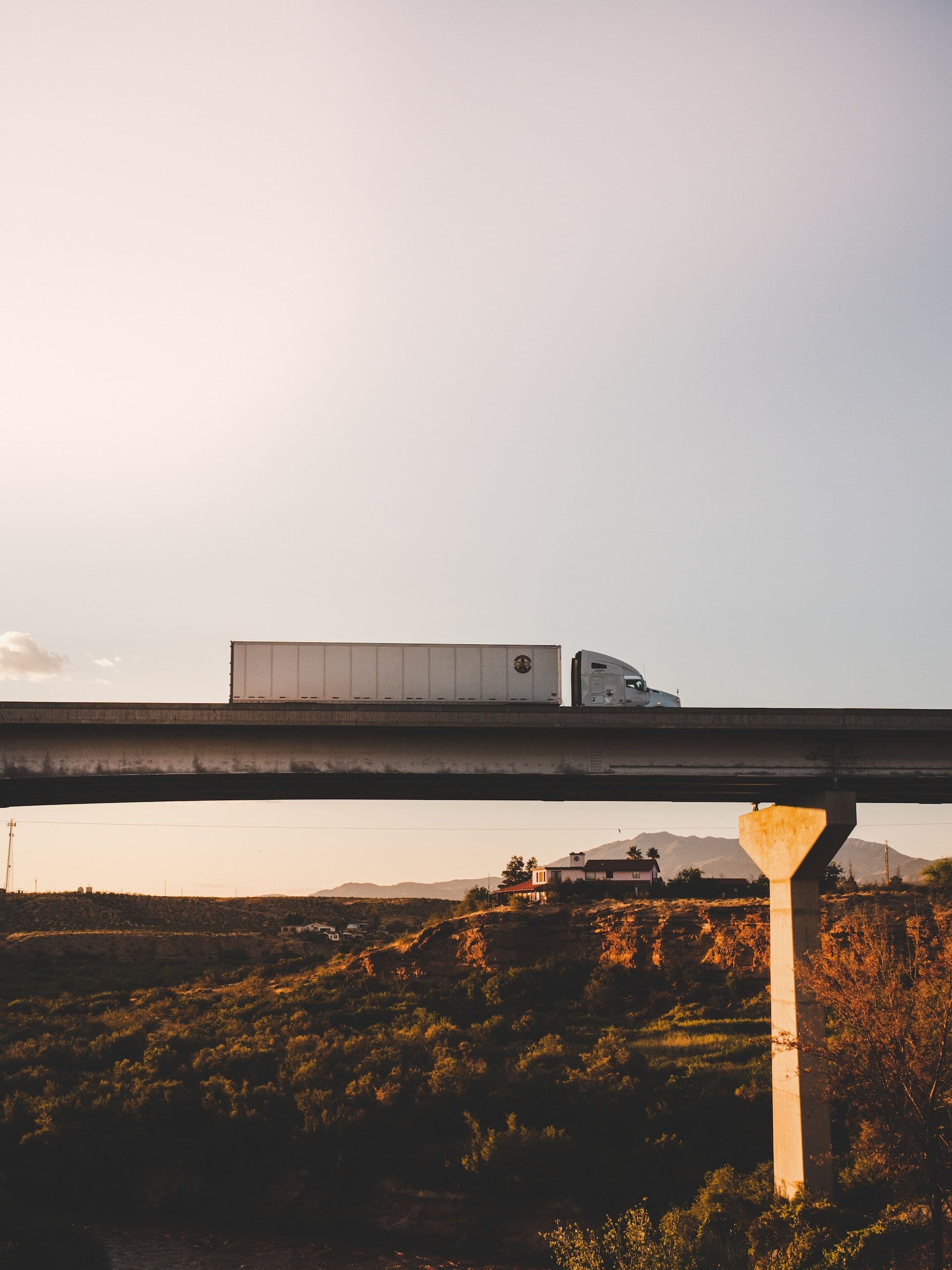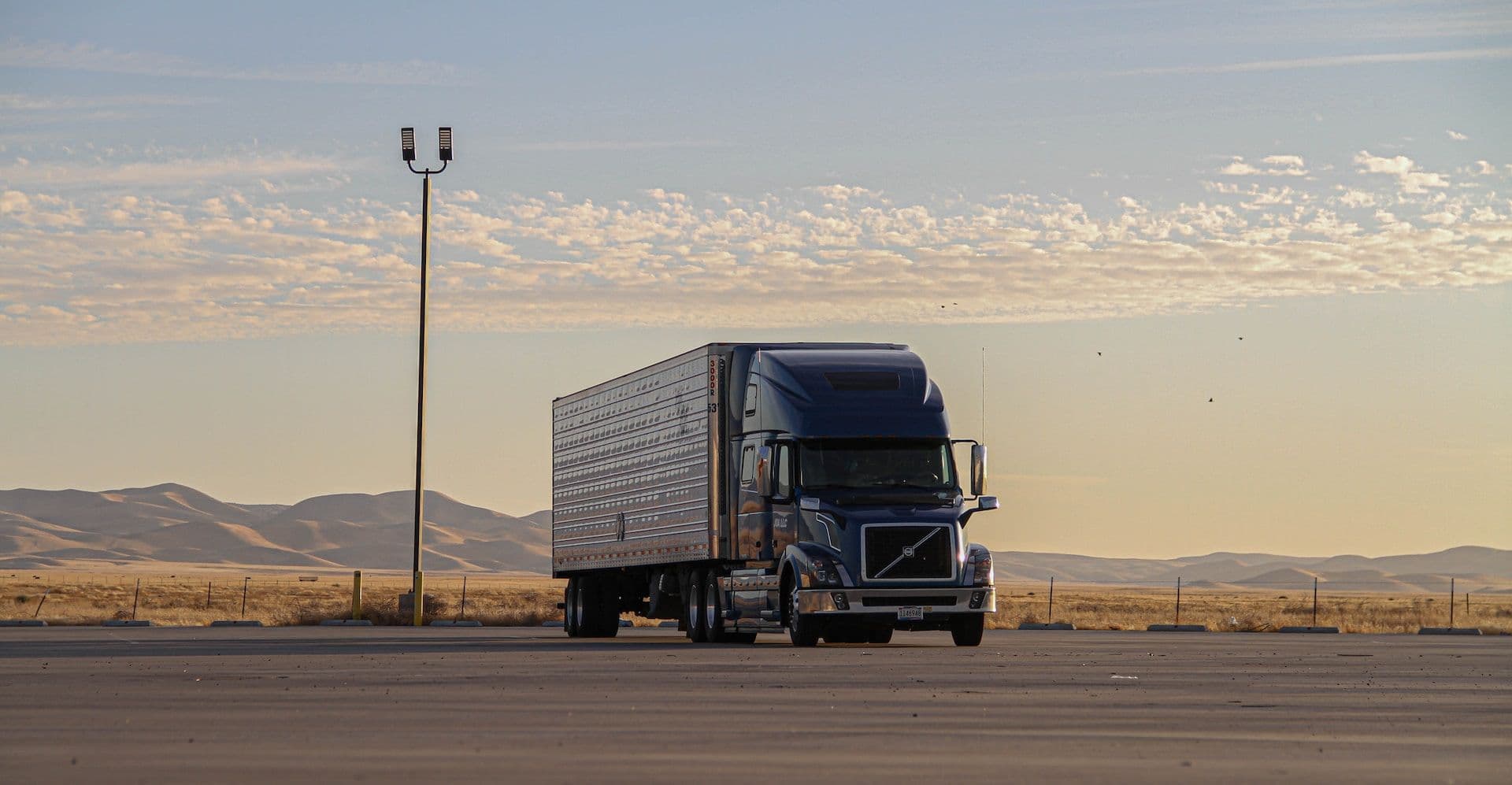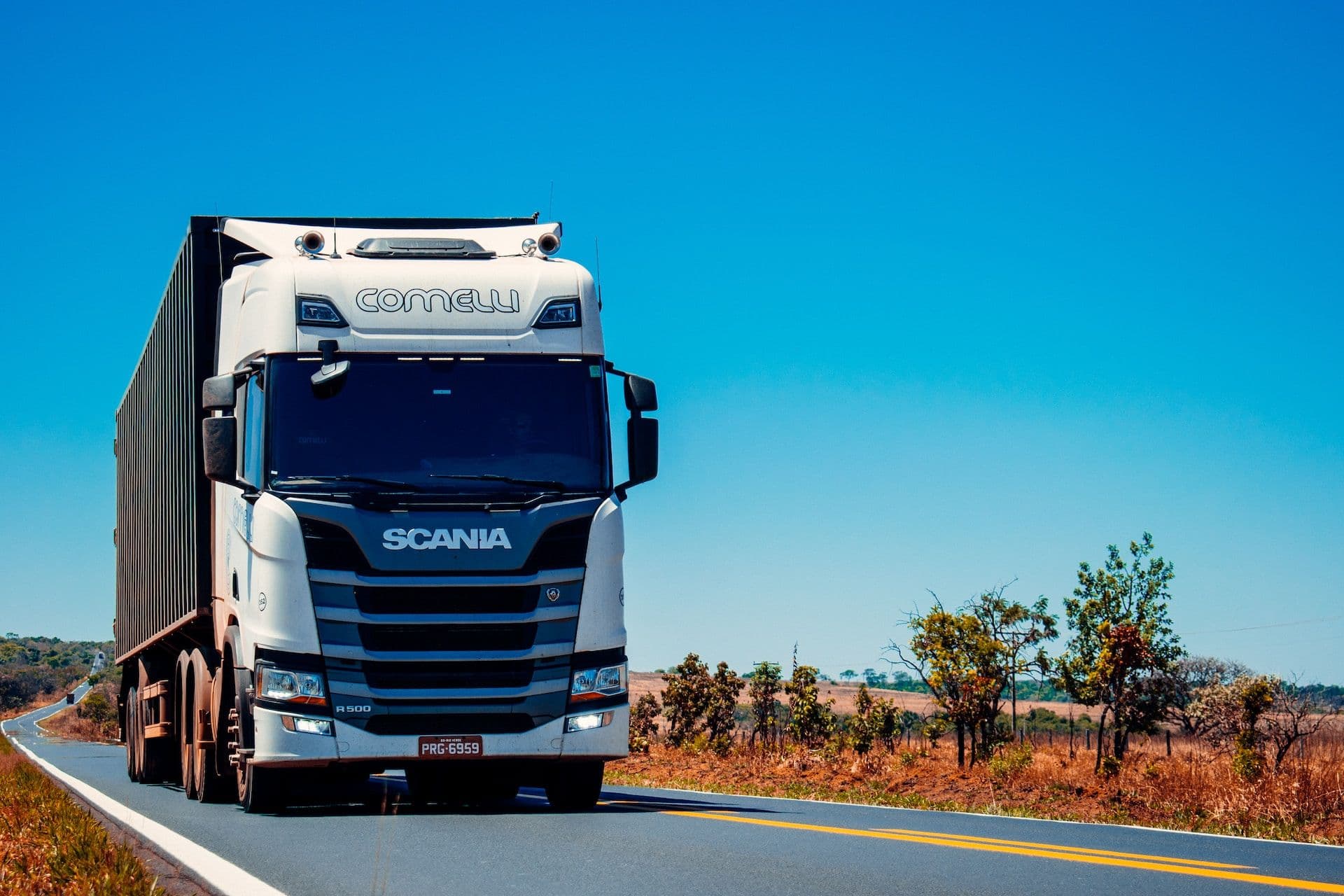Cross-Border Trade: Bridging the Tech Gap in Mexico
Borderlands is a weekly rundown of developments in the world of United States-Mexico cross-border trucking and trade. This week, we explore how cross-border trade is helping Mexico narrow gaps in technology. Additionally, we will touch on how an investment firm acquires logistics space in Houston, CJ Logistics America leases a facility near Dallas, and a Texas car hauler acquires three logistics firms.
Cross-Border Trade Helping Mexico Narrow Gaps in Technology
While Mexico is rapidly evolving as a pivotal part in global supply chains, there is a pressing need for heightened technological investments to unlock its complete trade potential, according to Fernando Correa, CEO and co-founder of Cargobot.
Correa emphasizes that tackling technological challenges among shippers, trucking companies, and logistics professionals could position Mexico for even greater trade growth by 2025.
Currently, Mexico stands as the U.S.'s top trade partner, with cross-border commerce reaching $798 billion in 2023. Trade figures in 2024 are set to surpass those of 2023, totaling $706.9 billion from January to October.
"From my perspective, Mexico is crucial for the future of shipping, particularly in the next three to four years, as we handle significant traffic," Correa shared with FreightWaves. "We need to manage and organize the traffic effectively. The U.S. and Mexico handle 13,000 shipments daily."
Miami-based Cargobot, founded in 2016, is an international freight technology firm connecting shippers and carriers across the U.S., Canada, and Mexico. Cargobot's new tool, Planimatik, aims to simplify onboarding and streamline logistics operations for shippers, connecting them with customs brokers seamlessly.
"Technology is facilitating the way in which we verify carrier profiles," Correa notes. While the U.S. has a more straightforward network of carriers, Mexico's system requires extensive verification for security reasons, and technology plays a vital role in this process.
Since 2015, Mexico-based tech startups have attracted nearly $10 billion in venture capital, solidifying its status as a key player in Latin America's innovation landscape. In 2021 alone, Mexican startups raised a record $3.6 billion in VC funding.
Nacho De Marco, CEO and co-founder of BairesDev in San Francisco, acknowledges Mexico's emergence as a hub for tech talent, particularly in logistics and commercial transportation sectors. "Latin America is becoming a global tech hub, driven by educated engineers with English proficiency and cultural affinity to the U.S.," De Marco states.
In 2024, Mexico City's tech talent market surpassed Sao Paulo, Brazil, in size, with Monterrey leading in growth at 125% over five years.
Investment Firm Acquires 2.3M Square Feet of Logistics Space in Houston
Stonepeak announced acquiring six logistics properties totaling 2.3 million square feet in Houston, strategically located within 8 miles of Port Houston. This acquisition boosts their logistics portfolio to 3.4 million square feet across Texas.
CJ Logistics America Leases Facility Near Dallas
Supply chain services provider, CJ Logistics America, leased a 1.07-million-square-foot facility in Wilmer, Texas. The site is part of Southpark Logistics Park, located 17 miles from downtown Dallas, expanding CJ Logistics' presence in North America.
Texas Car Hauler Acquires Three Logistics Firms
Interlink Transport, specializing in finished vehicle logistics, recently acquired three firms: Tennessee Auto Carriers, No Boundaries Transportation, and BST Auto Transportation. Following these acquisitions, Interlink Transport will rebrand to No Boundaries Auto Logistics, enhancing its solutions for OEMs across the Midwest and Southeastern U.S.
Explore these developments and more in our Shop, Register, or visit our Help Center for additional insights.


